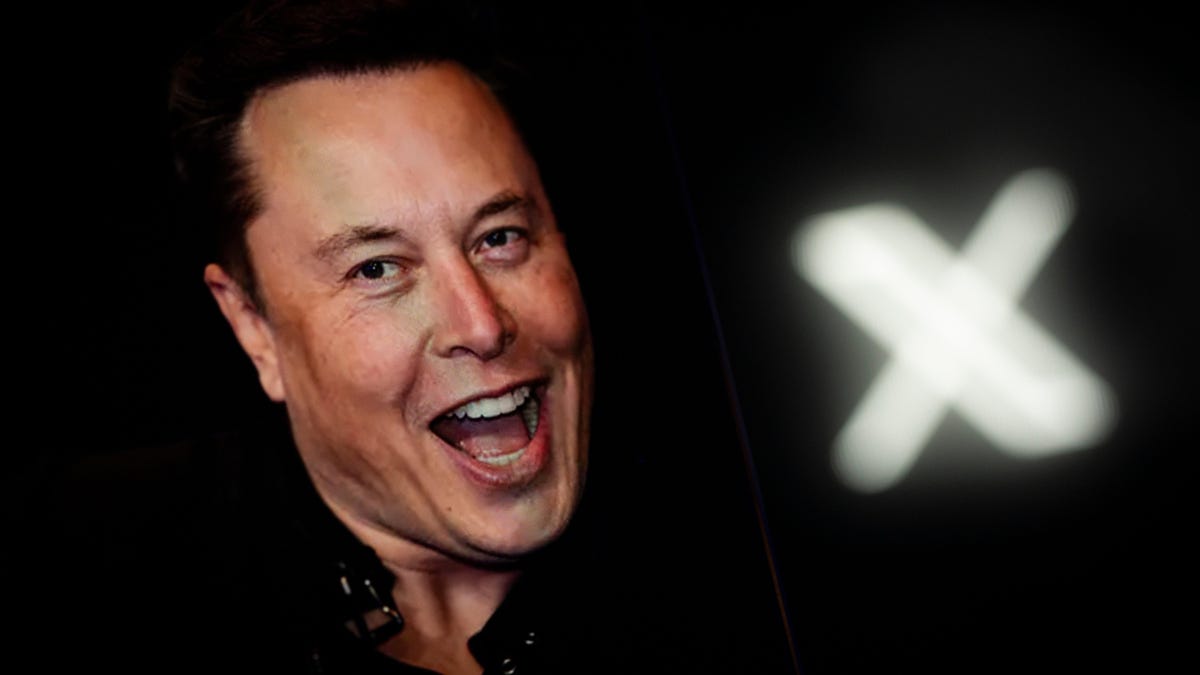It really seems like Tesla CEO Elon Musk is pushing his automaker’s needs by the wayside in favor of Twitter and his artificial intelligence company, xAI. It also looks as if Musk is going back on his April promise that Tesla will drastically increase the number of Nvidia H100 (the company’s flagship AI chip) it uses by the end of the year. He posted on Twitter a few days later that the automaker would spend $10 billion in 2024 “in combined training and interface AI.”
However, like so many things with Musk and Tesla, this promise is short-lived. New emails from Nvidia senior staff that were shared widely around the company suggest Musk presented an exaggerated picture of just how many chips the automaker would be buying to shareholders, according to CNBC. On top of that, emails show that Musk may have diverted a large shipment of AI processors that were originally intended for Tesla to Twitter.
Here’s more on the moves the multi-company CEO is making, from CNBC:
By ordering Nvidia to let privately held X jump the line ahead of Tesla, Musk pushed back the automaker’s receipt of more than $500 million in graphics processing units, or GPUs, by months, likely adding to delays in setting up the supercomputers Tesla says it needs to develop autonomous vehicles and humanoid robots.
“Elon prioritizing X H100 GPU cluster deployment at X versus Tesla by redirecting 12k of shipped H100 GPUs originally slated for Tesla to X instead,” an Nvidia memo from December said. “In exchange, original X orders of 12k H100 slated for Jan and June to be redirected to Tesla.”
A more recent Nvidia email, from late April, said Musk’s comment on the first-quarter Tesla call “conflicts with bookings” and that his April post on X about $10 billion in AI spending also “conflicts with bookings and FY 2025 forecasts.” The email referenced news about Tesla’s ongoing, drastic layoffs and warned that head-count reductions could cause further delays with an “H100 project” at Tesla’s Texas Gigafactory.
The new information from the emails, read by CNBC, highlights an escalating conflict between Musk and some agitated Tesla shareholders who question whether the billionaire CEO is fulfilling his obligations to Tesla while also running a collection of other companies that require his attention, resources and hefty amounts of capital.
This latest move from Musk plays into critics’ ideas that Musk is only a part-time CEO for Tesla since he also has SpaceX, Neuralink, The Boring Company, Twitter and the recently launched xAI. The latter two of his companies are deeply intertwined, according to CNBC. Musk has said Twitter has a 25 percent stake in xAI, and the artificial intelligence company – in some capacity – uses Twitter data centers to run some of its training and interface for the large language models behind its chatbot Grok. It’s his “rebellious” answer to Open AI’s ChatGPT.
Musk being distracted by other ventures has really been hurting Tesla, and CNBC says its shareholders should be worried.
The company is in the midst of a troubling sales decline due in part to its aging lineup of electric vehicles and increased competition. Its reputation has also suffered in the U.S., according to the Axios Harris Poll 100 survey, which attributed some of the slippage to Musk’s “antics” and “political rants.”
Tesla’s stock price is down 29% this year.
Rather than discuss EV sales or the massive restructuring underway at Tesla, Musk has been encouraging investors to focus on future products that he’s been promising for years but has yet to deliver. That includes AI software to turn existing cars into self-driving vehicles, dedicated robotaxis that can make money for their owners, and a driverless transportation network.
“If somebody doesn’t believe Tesla’s going to solve autonomy, I think they should not be an investor in the company,” Musk said on the April earnings call. “We will, and we are.”
To get there, he’s said, Tesla requires plenty of Nvidia’s GPUs which are specialized for AI training and workloads. Those chips are in limited supply due to soaring demand from Google, Amazon, Meta, Microsoft, OpenAI and others.

